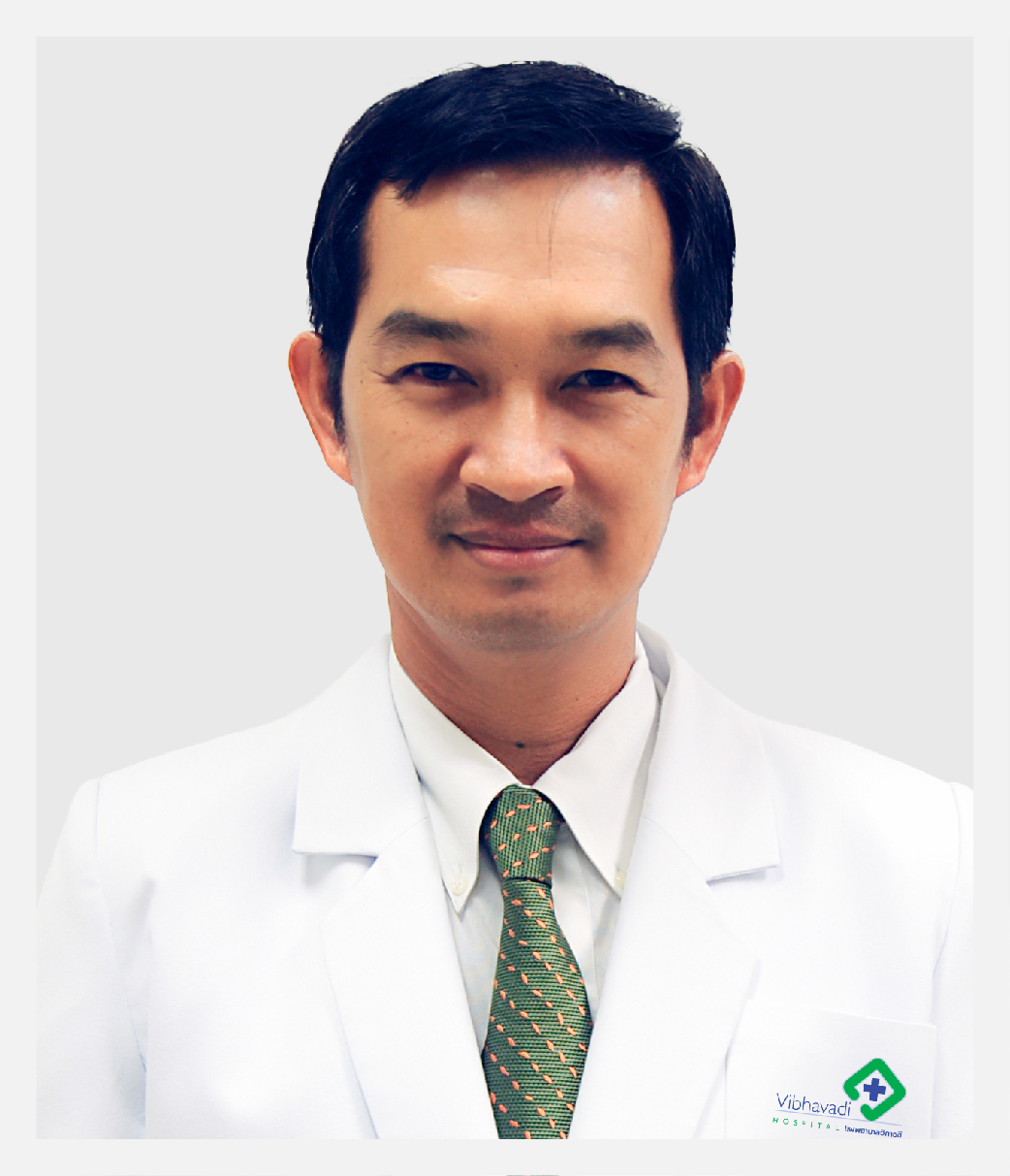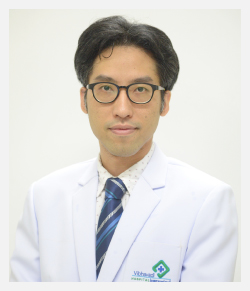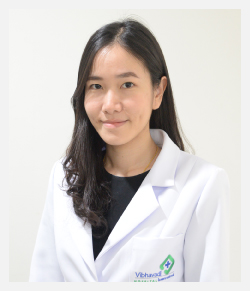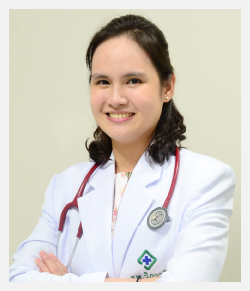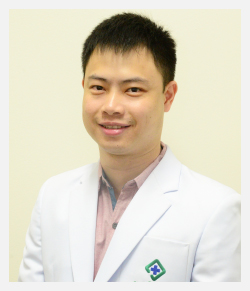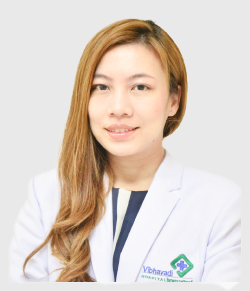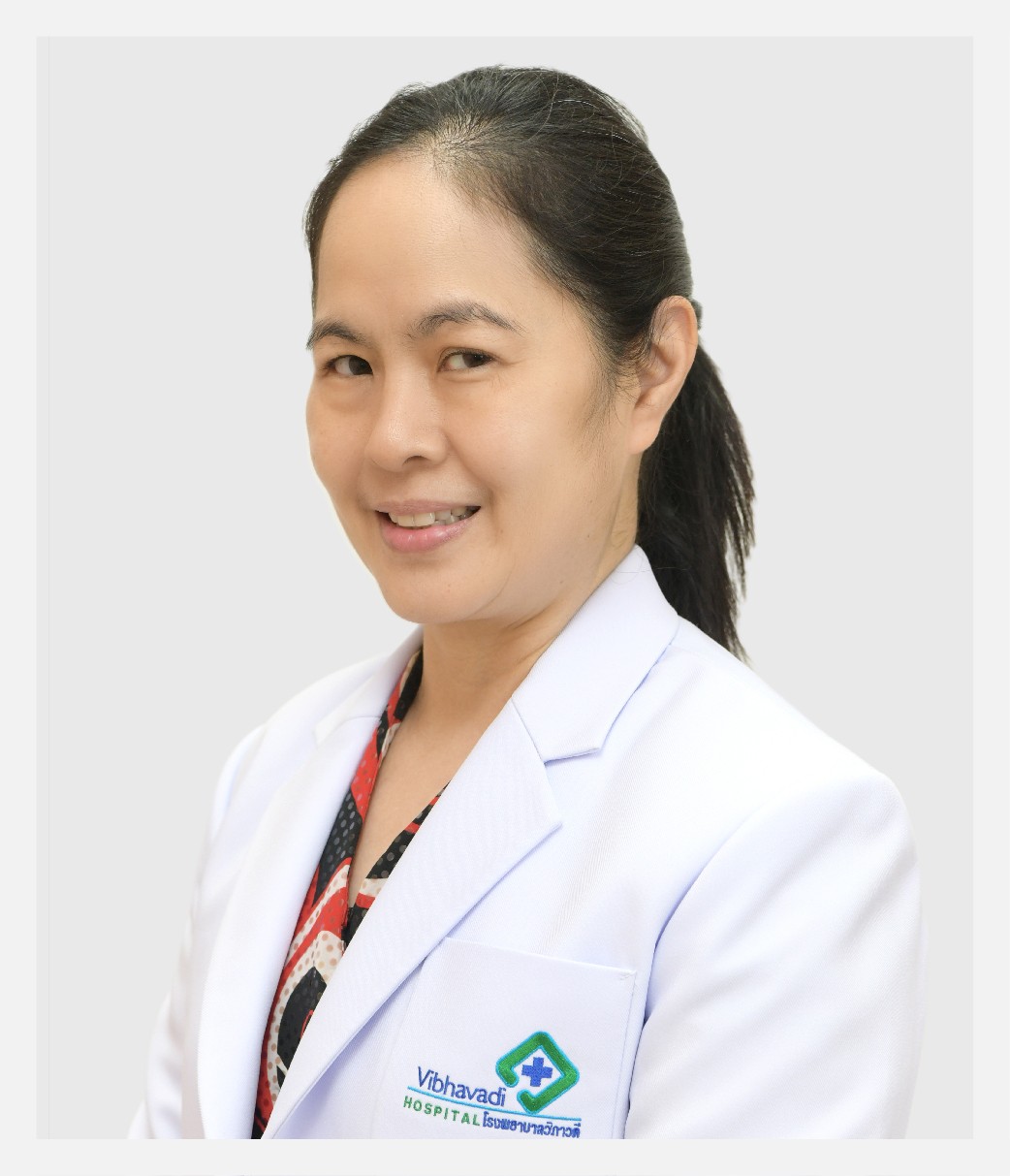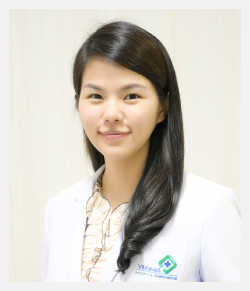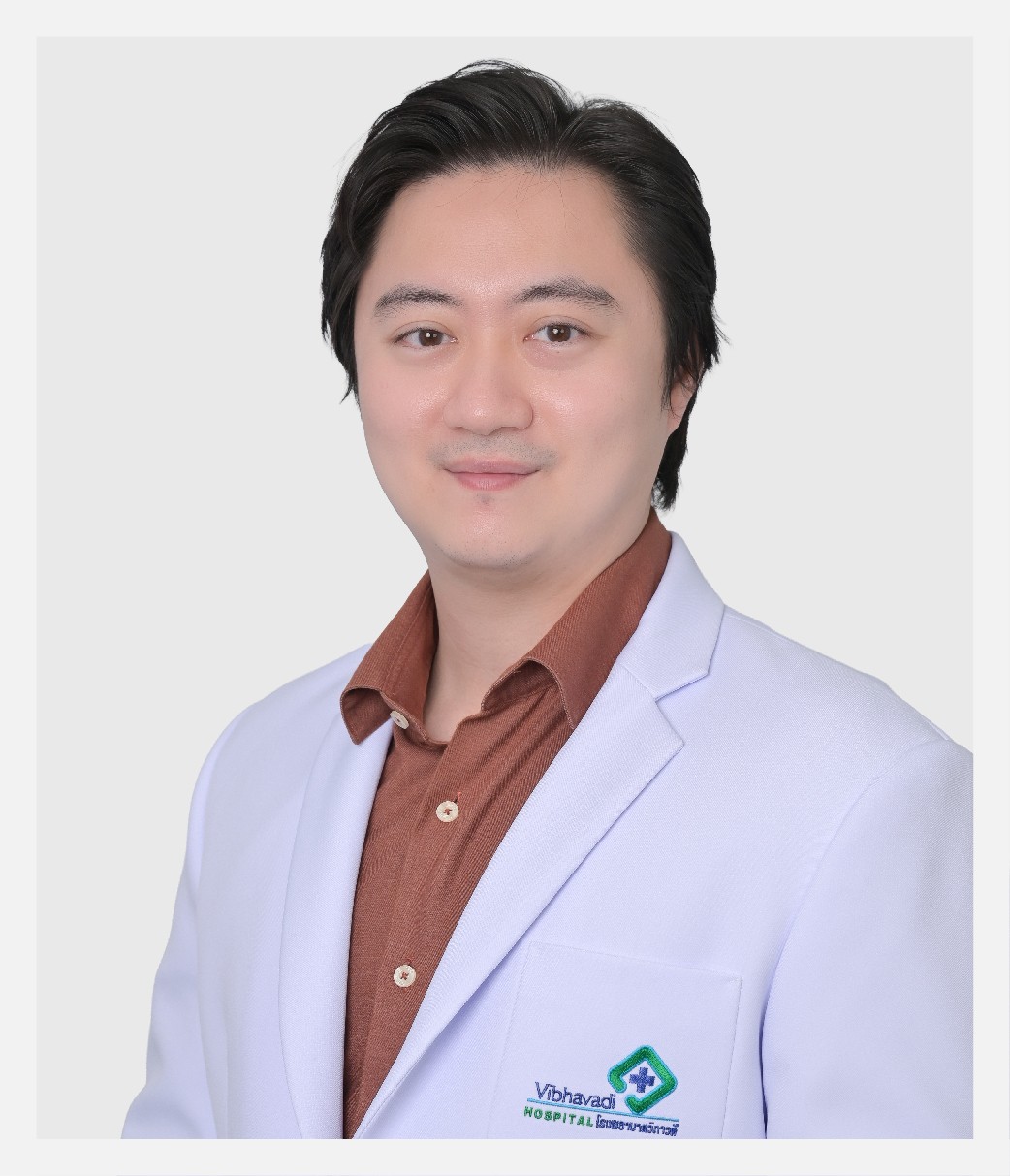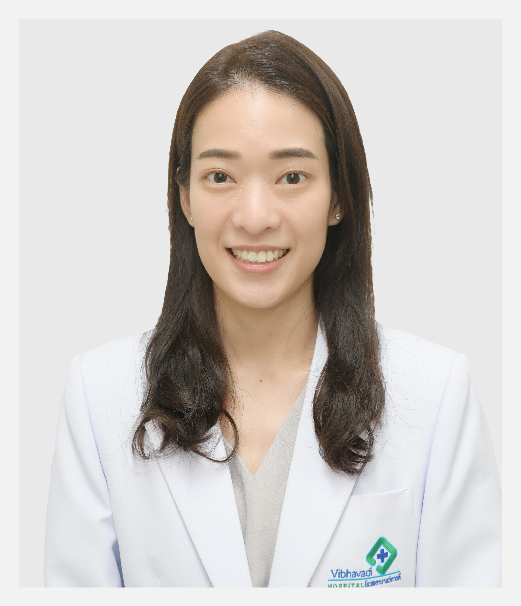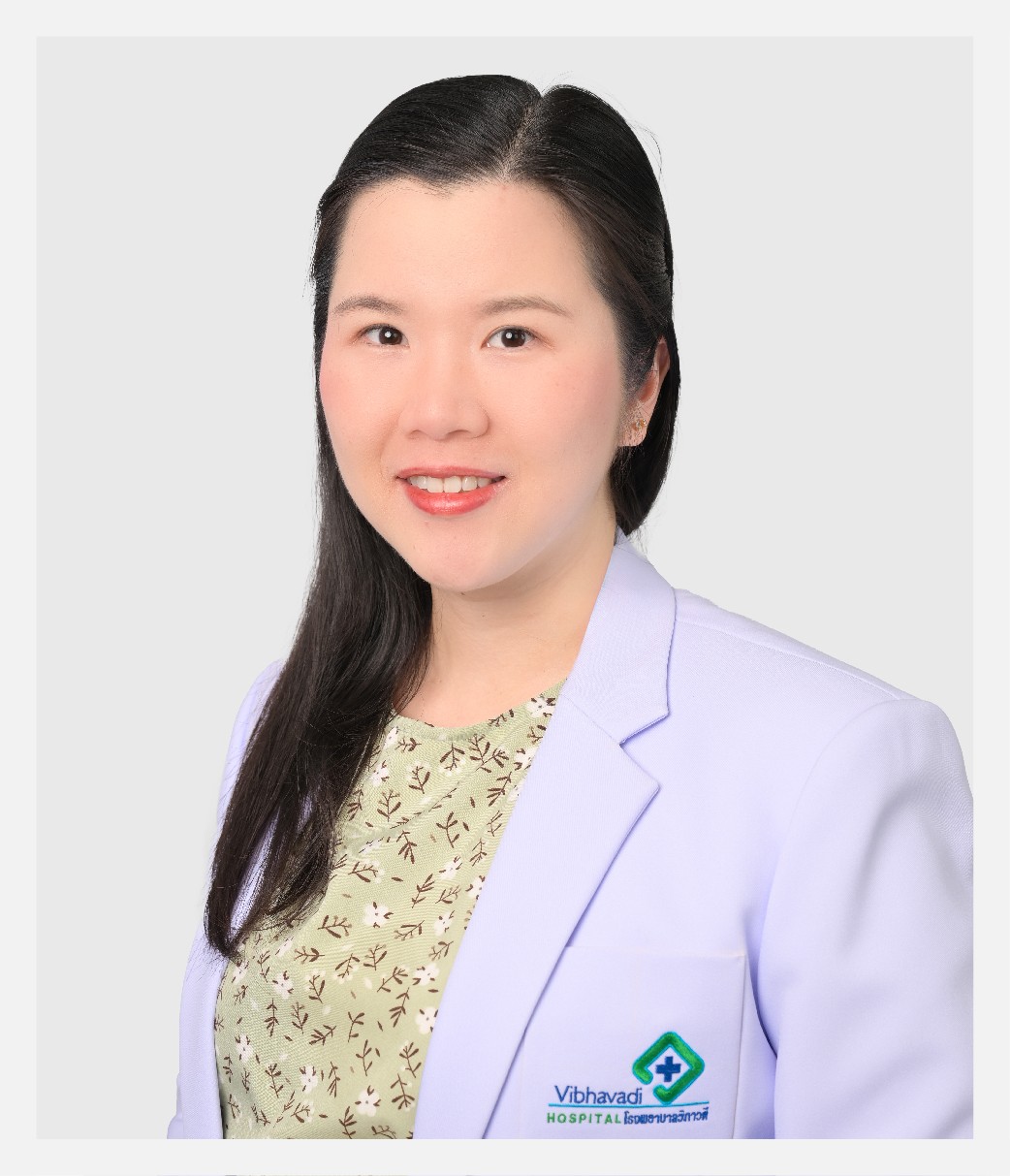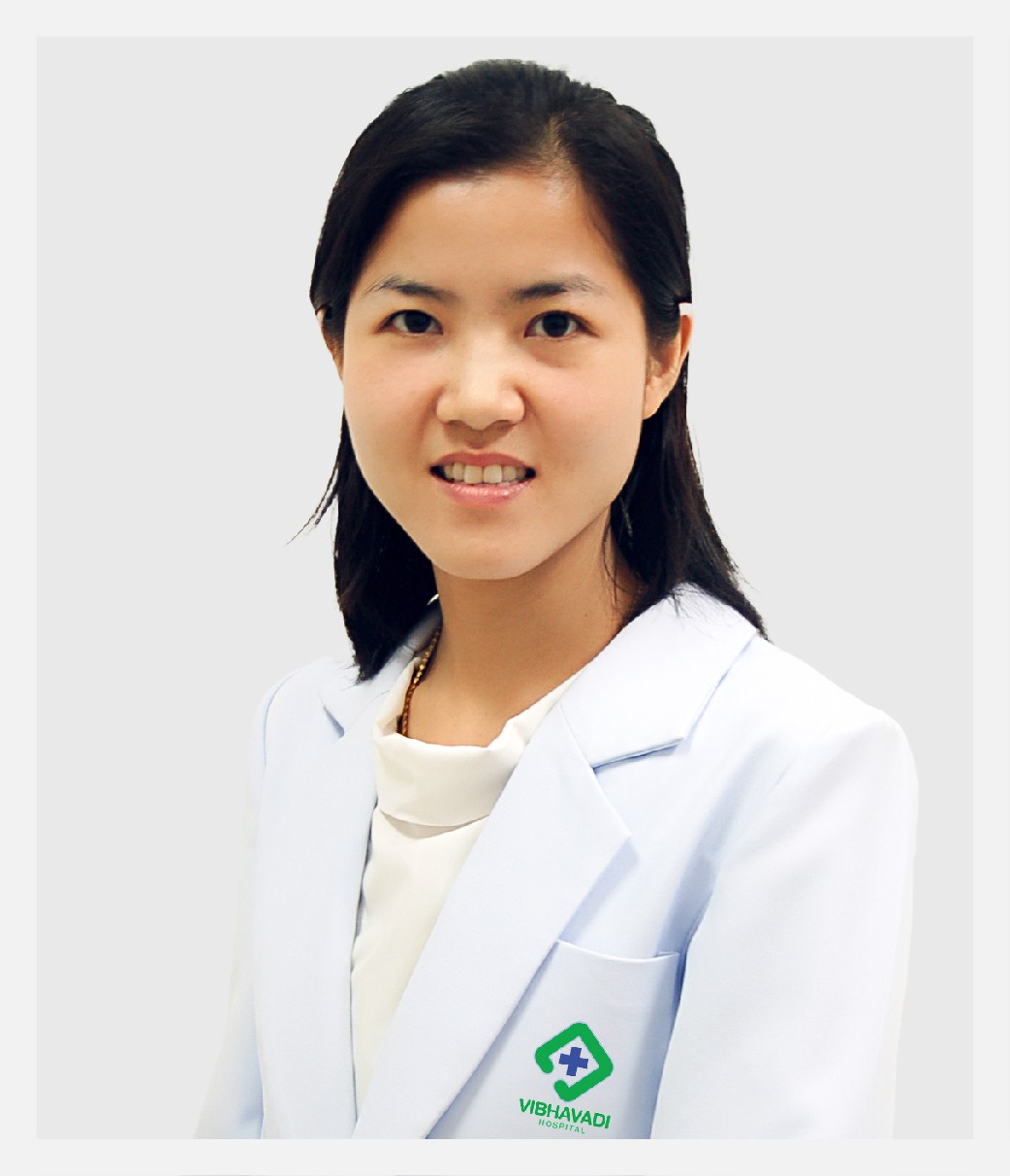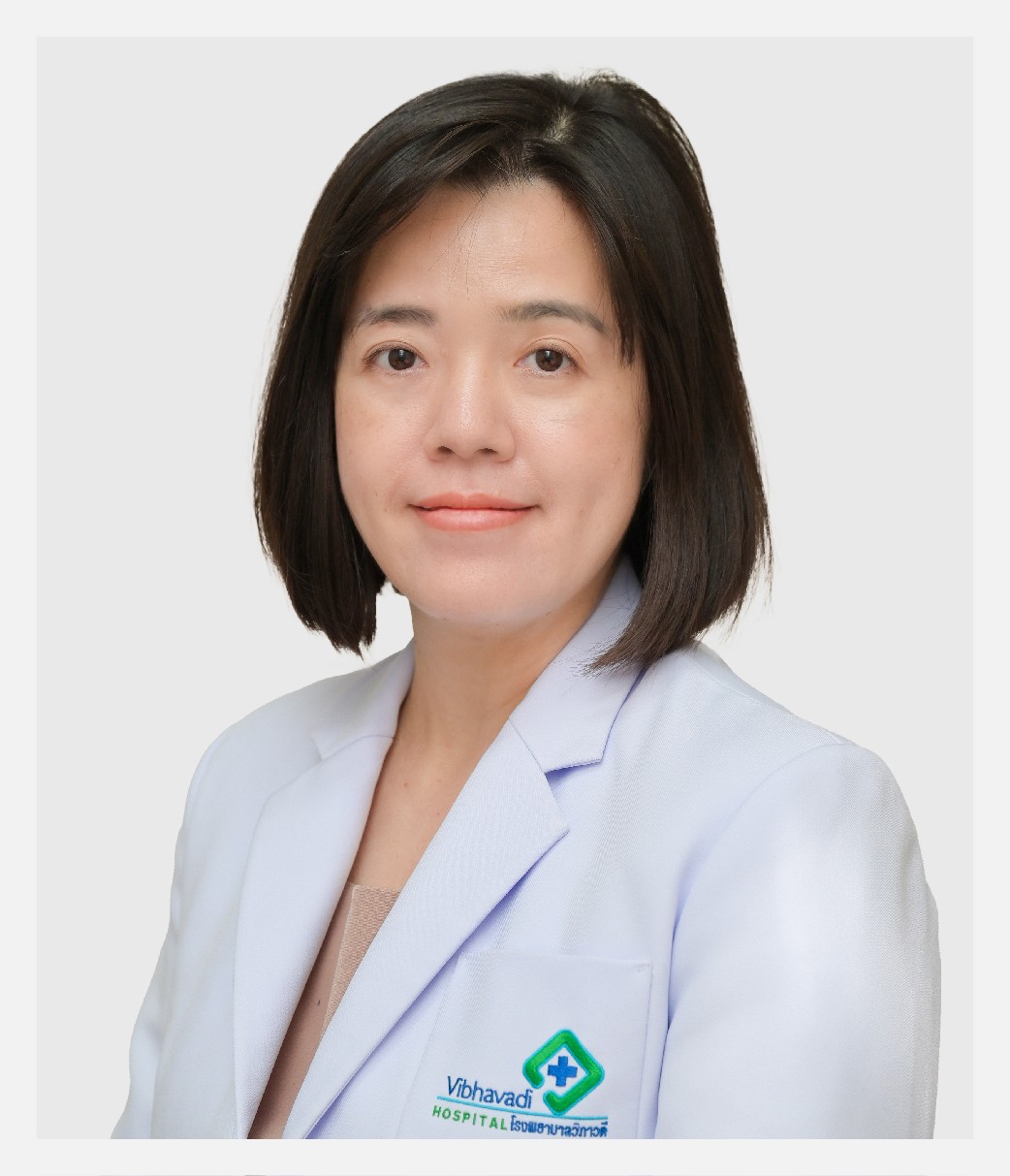Parkinson’s Disease Care and Treatment at Vibhavadi Hospital
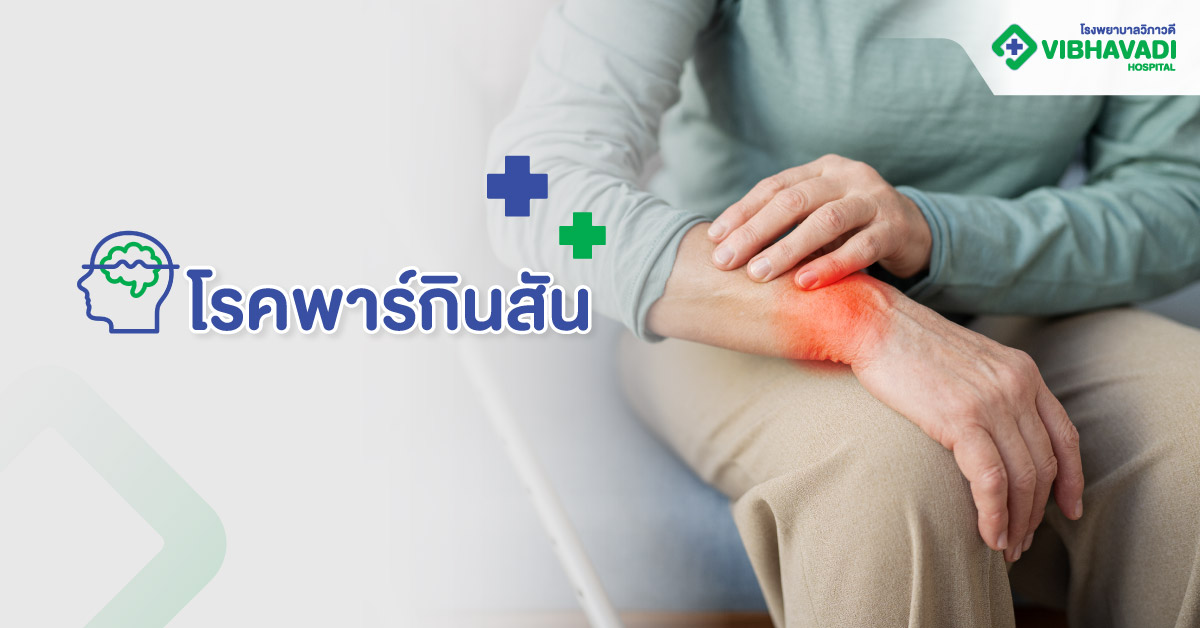
Understanding Parkinson’s Disease
What Is Parkinson’s Disease?
Parkinson’s disease is a progressive neurodegenerative disorder that primarily affects movement. It occurs when nerve cells in the brain that produce dopamine — a chemical responsible for transmitting signals related to movement and coordination — become damaged or die. The resulting dopamine deficiency leads to tremors, muscle stiffness, and difficulty with balance and movement.
While Parkinson’s is most common in people over 60, early-onset Parkinson’s can begin before the age of 50.
Keyword focus: Parkinson’s disease, what is Parkinson’s disease
Causes and Risk Factors
What Causes Parkinson’s Disease?
Although the exact cause of Parkinson’s disease remains unknown, research suggests a combination of genetic and environmental factors. In some cases, gene mutations may play a role. Exposure to certain toxins or head trauma may also increase risk.
Key Risk Factors
-
Age: Most people develop Parkinson’s around age 60 or older.
-
Genetics: A family history may slightly increase the risk.
-
Gender: Men are more likely than women to develop Parkinson’s.
-
Environmental Exposure: Long-term exposure to herbicides or pesticides may increase susceptibility.
-
Traumatic Brain Injury: Repeated head injuries can be a contributing factor.
Early Signs and Symptoms of Parkinson’s Disease
Recognizing the early signs of Parkinson’s can lead to faster diagnosis and improved quality of life.
Primary Motor Symptoms
-
Tremors: Usually begins in the hands or fingers, often noticeable at rest.
-
Bradykinesia: Slowness of movement, making simple tasks difficult.
-
Muscle Rigidity: Stiffness in the limbs or trunk.
-
Postural Instability: Impaired balance and coordination, leading to falls.
Non-Motor Symptoms
-
Depression or anxiety
-
Sleep disturbances
-
Constipation
-
Loss of smell (anosmia)
-
Cognitive decline or memory issues
Note: Symptoms can vary greatly between individuals and may progress at different rates.
Comprehensive Parkinson’s Disease Services at Vibhavadi Hospital
At Vibhavadi Hospital, we provide expert-led diagnostic, treatment, and rehabilitative services for Parkinson’s disease in a multidisciplinary care setting.
Diagnosis of Parkinson’s Disease
Initial Consultation
Patients suspected of having Parkinson’s undergo a full neurological evaluation. This includes a detailed medical history, physical examination, and a symptom timeline.
Imaging and Laboratory Tests
Although there’s no definitive test for Parkinson’s, the following may be used to rule out other conditions:
-
MRI or CT scans
-
DaTscan (dopamine transporter scan)
-
Blood tests to exclude other neurological disorders
Observation Over Time
In some cases, a neurologist may recommend a period of monitoring to confirm diagnosis based on symptom progression.
Personalized Treatment Plans
There is currently no cure for Parkinson’s disease, but treatments can significantly relieve symptoms and improve daily functioning.
1. Medication Therapy
The cornerstone of Parkinson’s treatment is levodopa, often combined with carbidopa. Other medications include:
-
Dopamine agonists
-
MAO-B inhibitors
-
Anticholinergics
-
COMT inhibitors
2. Physical and Occupational Therapy
Our rehabilitation center offers:
-
Balance and gait training
-
Fine motor skill enhancement
-
Daily living skill support
3. Speech and Swallow Therapy
To manage slurred speech or swallowing difficulties, patients benefit from therapy guided by experienced speech pathologists.
4. Deep Brain Stimulation (DBS)
In advanced stages, DBS may be recommended. It involves implanting electrodes into specific brain regions to regulate abnormal activity. Vibhavadi Hospital offers evaluation and referrals for DBS with top-tier neurosurgical teams.
Multidisciplinary Care Team at Vibhavadi Hospital
Our Parkinson’s program is led by:
-
Neurologists specializing in movement disorders
-
Rehabilitation physicians
-
Psychiatrists and psychologists
-
Speech and occupational therapists
-
Nutritionists for dietary guidance
We emphasize patient-centered care, involving family in treatment decisions and long-term planning.
Insurance and Cost Information
Health Insurance
Vibhavadi Hospital works with most local and international insurance providers. We help you verify your coverage prior to treatment.
Self-Pay Options
For those without insurance, we offer:
-
Competitive treatment package rates
-
Transparent pricing
-
Payment installment plans
Social Security Benefits
If you are covered under Thailand’s Social Security scheme, you may be eligible for partial or full reimbursement for diagnostics, medications, and therapy.
Frequently Asked Questions (FAQ)
What is the main cause of Parkinson’s disease?
While the exact cause is unknown, it involves the degeneration of dopamine-producing neurons in the brain. Genetics and environmental factors both contribute.
Is Parkinson’s disease curable?
Currently, there is no cure, but many effective treatments exist to manage symptoms and enhance quality of life.
What is the most effective treatment for Parkinson’s?
Levodopa remains the most effective medication. In later stages, surgical options like Deep Brain Stimulation (DBS) may be considered.
How do I know if I should see a doctor?
If you notice tremors, slow movements, stiffness, or balance issues — especially if these symptoms persist — consult a neurologist for evaluation.
Can Parkinson’s disease progress slowly?
Yes. Parkinson’s can develop gradually, with early symptoms being subtle and easily overlooked. Regular monitoring is important for early intervention.
Testimonials
Proud to take care of you
